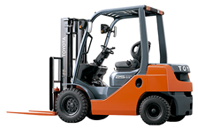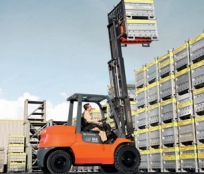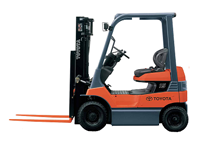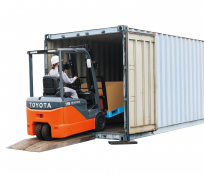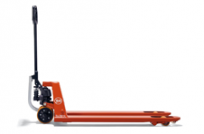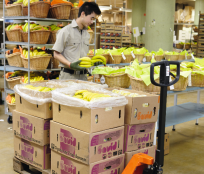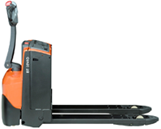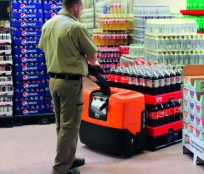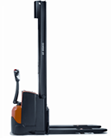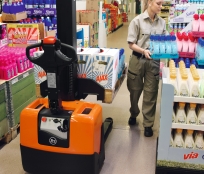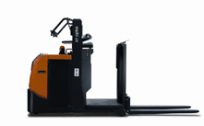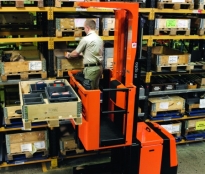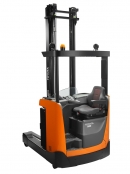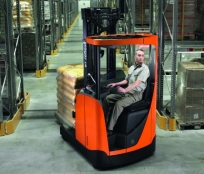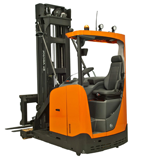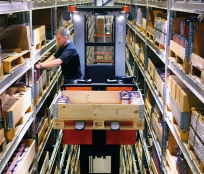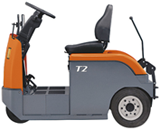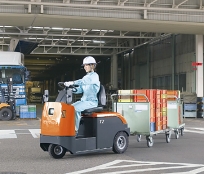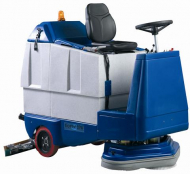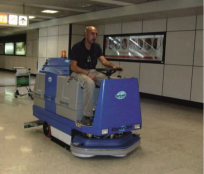The Toyota success and reputation depends largely on high quality of its products. Many customers throughout the world know that they can rely upon high quality of Toyota cars and machinery. Colossal success of the company is based not upon operating performance of the company but upon its business philosophy which in its turn is based on understanding of people and their motivations. By building relations with suppliers and ensuring its existence as learning organization, Toyota is continually improving its leadership, its teams work and its business culture.
Jeffery Liker having devoted 20 years to studying the success of Toyota has formulated 14 principles which are the fundamentals of the Toyota Production System (TPS). Such principles are used by all the Toyota manufacturing enterprises throughout the world. You will find below the description of the above 14 principles classified into four categories*:
Category I: Long-Term Philosophy
Principle 1. Base your management decisions on a long-term philosophy, even at the expence of short-term financial goals.
Category II: The right process will produce the right results
Principle 2. Create a continuous process flow to bring problems to the surface.
Principle 3. Use 'pull' systems to avoid overproduction.
Principle 4. Level out the workload (heijunka): work like the tortoise, not the hare.
Principle 5. Build a culture of stopping to fix problems, to get quality right the first time.
Principle 6. Standardized tasks and processes are the foundation for continuous improvement and employee empowerment.
Principle 7. Use visual controls so no problems are hidden.
Principle 8. Use only reliable, thoroughly tested technology that serves your people and process.
Category III: Add value to the organization by developing your people and partners
Principle 9. Grow leaders who thoroughly understand the work, live the philosophy, and teach it to others.
Principle 10. Develop exceptional people and teams who follow your company's philosophy.
Principle 11. Respect your extended network of partners and suppliers by challenging them and helping them improve.
Category IV: Continuously solving root problems drives organizational learning
Principle 12. Go and see for yourself to thoroughly understand the situation (genti-genbucu).
Principle 13. Make decisions slowly by consensus, thoroughly considering all options; implement decisions rapidly (nemavasi).
Principle 14. Become a learning organization through relentless reflection (hansei) and continuous improvement (kaidzen).
*"DAO TOYOTA 14 principles of management of the leading companies in the world", 6-th edition
Author: Jeffery Liker
We offer
Load Capacity (gas/petrol)
Load Capacity (diesel)
Load Capacity (diesel)
Forklifts (diesel/gas/petrol)
Are
essential for cargo-handling operations in warehouses and other places.
Load Capacity
Electric forklifts
Electric forklifts are used for handling operations in rack-type indoor warehouses, at enterprises of the food, pharmaceutical and other industries.
Load Capacity, kg
Hydraulic pallet trucks
They are used for handling of palletized cargo in shops, warehouses, subsidiary and other premises.
Load Capacity
- – Pedestrian
- – With platform
- – Stand-in
- – Rider-seated
Powered Pallet Trucks
Allow increasing the speed of handling of materials, thereby lightening the work of the operator.
Load Capacity
- – Pedestrian
- – With platform
- – Stand-in
- – Rider-seated
(Powered) stackers
Used for various warehouse operations with
lifting height up to 6.3 meters.
Load Capacity
- – Low-level
- – Medium-level
- – High-level
Order Pickers
Designed for improvement of orders picking process.
Load Capacity
Narrow aisle trucks
When choosing warehouse stackers for operation in narrow working zones, first of all, it is the issue of how to use the warehouse to the maximum.
Load Capacity
- – Stand-in
- – Rider-seated
Towing tractors
Towing tractors is the best solution in conditions of a horizontal transportation of cargos.
Floor cleaning machines
Floor cleaning machines
Professional type of floor washing machine
designed for cleaning of floor with various surface textures manufactured by
recognized Italian producers.
